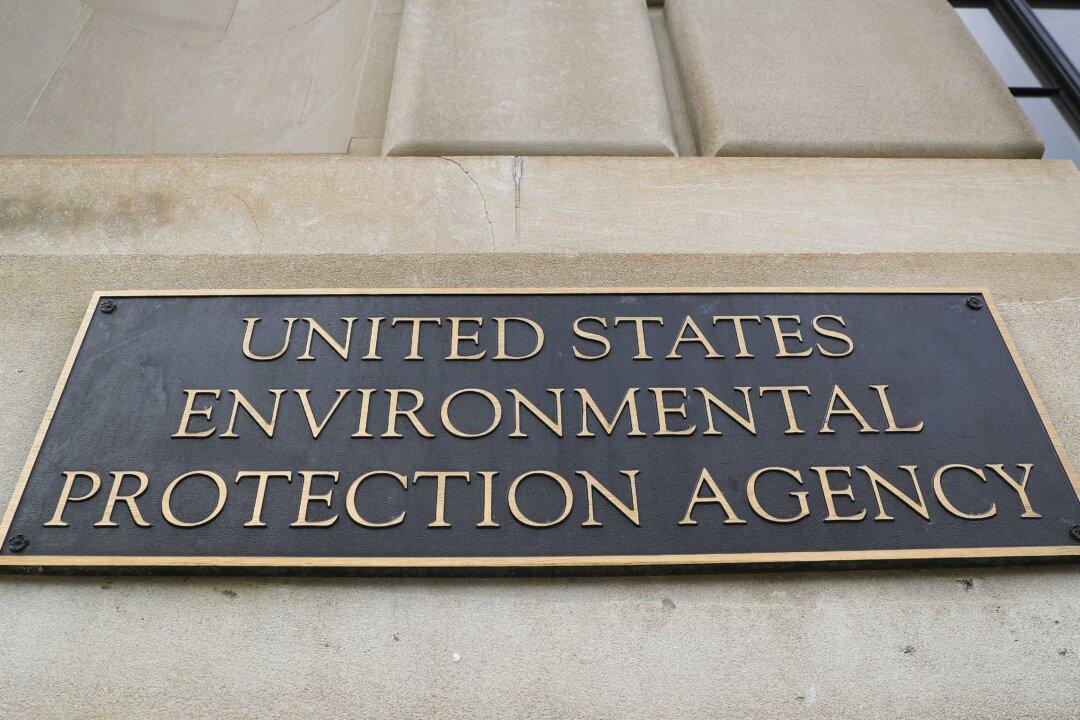The Environmental Protection Agency (EPA) has moved to change the way it gathers data on commercial chemicals under the Toxic Substances Control Act (TSCA), prompting concerns from some environmental activists at a time when the agency is already under scrutiny after whistleblowers’ allegations that it’s fast-tracking dangerous chemicals because of industry pressure.
Three Democratic congressional committee heads have written to the agency seeking a response to the claims.





